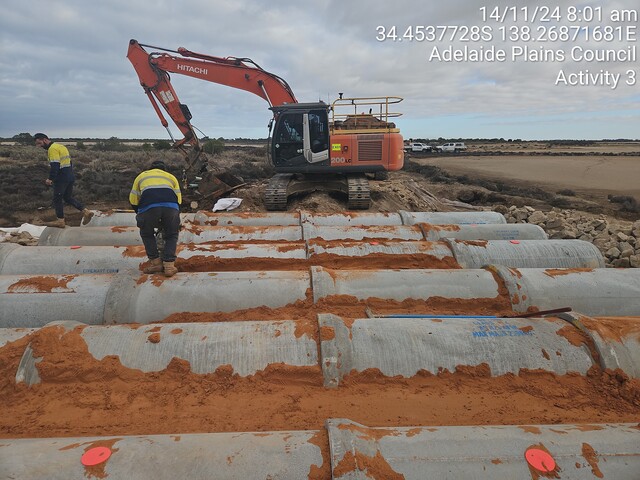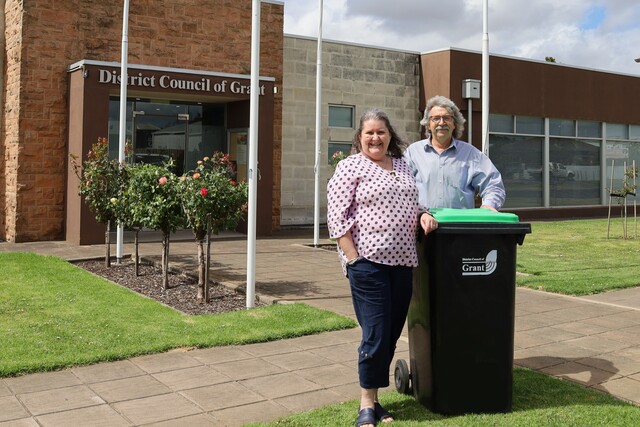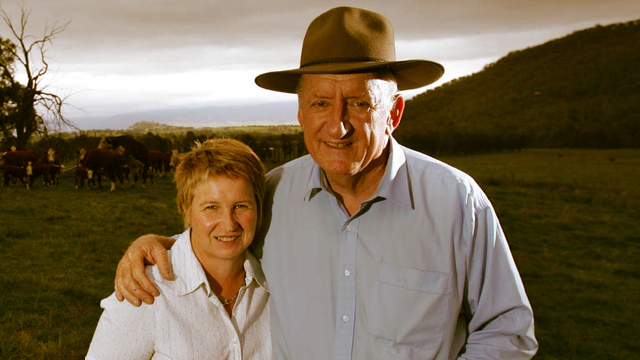Having bought its way out of trouble on schools funding, the Turnbull Government now faces big problems on energy security and affordable housing. The combined effect could bring down the Government.
The root causes stem from weak public policy.
In the case of energy, the feds and states have lost their influence by devolving core responsibilities to the Australian Energy Market Operator (AEMO). The National Electricity Market was built on shaky foundations, and the word around the traps is that AEMO was destined to give lip service to public interest issues. But I suspect the core problem has been the loss of energy policy expertise within the federal and state spheres that could keep ministers fully briefed and in control. The former federal departments of Minerals and Energy and Trade and National Development were always aware of the strategic value of their federal export control powers – the possibility of domestic supply shortages due to massive energy exports wouldn’t have been countenanced.
In the case of housing policy, Treasury now calls the shots at the federal level. The Department of Housing and Construction, with its planning, engineering and design expertise has disappeared. Little wonder that ex-Treasurer Hockey sat on his hands as urban housing markets have spiralled upwards. And his support of negative gearing, which has been continued by his successor, simply smacks of bad policy advice.
As a result of weak public policy, Turnbull is facing almighty dramas on the electoral front. Our youths have headed to the capital cities to find jobs, but are facing horrendous rentals. Meanwhile our pensioners sit wrapped in blankets. Then we have a hyperactive media that will ensure these problems are kept to the fore.
Repopulating Canberra with energy and housing officials isn’t the answer. The solutions will take time, and the urban housing crisis will be difficult to resolve. Can PM Turnbull weather the storm? I hope so because he is a fundamentally good person and the energy/housing problems are largely the legacy of previous administrations.
Role for local government
I believe that local government can lift its profile and input into the housing and energy policy debates.
In respect to the latter, there is huge potential for the development of localised energy production and storage systems. The days of poles and wires across our sunburnt country are mostly over. Certain councils have been at the forefront of wind, solar and geothermal energy and have thus the track record to accelerate things and insert themselves into policy formulation. The consensus is that solar energy has the most upside.
Local government also has a clear role in the area of urban housing. It obviously needs to be done in tandem with the state governments, but there is vast scope to address both the demand and supply dimensions.
In this regard, there is arguably an opportunity for local councils, perhaps under the aegis of the ALGA, to float the concept of a national local council accreditation system. The idea is to better identify local councils that are ready and able to tango with federal/state authorities in different fields like housing, energy, environmental management, work skills, ethnic harmony, etc. An accreditation system could also inform local councils where they stand, and what they need to do to lift their standing.
It is a tricky area because many rural councils have been screwed for so long by Financial Assistance Grants indexation and rural cutbacks in general that the recovery of their capabilities will take time. But these same councils could be home to councillors and staff who have the passion and skill sets to seriously pursue best practice in certain categories. For example, I recall that Central Darling Shire has a strong and lengthy track record in environmental management. Similarly, Campbelltown City Council (Adelaide) has strong credentials on ethnic and disability issues.
But, a word of caution. Over the last few months I’ve noticed a rash of smartarse put downs of local government by various media commentators. The latest was during a panel discussion on the Sunrise TV program – all three panellists were getting stuck in, but I recall Tom Elliott (son of the inimitable John Elliott) chortling about councils, need to stick to the three Rs. I suspect that the widespread and ongoing press coverage of the shenanigans at a certain western Sydney council have damaged your collective reputations. But whatever the reason, there is some serious PR work needed because all councils are copping the backwash.
Regional migration
The Regional Australia Institute has produced a timely report on the benefits of migration into regional communities. Its research, based on the 2016 Census data, found that 151 regional LGAs were helping to offset declining population in regional areas by attracting international migrants. Indeed, for many small towns, the overseas-born are the only source of population growth.
The report claims that in 2004, the federal government began a “campaign to increase migrant settlement throughout different areas of the country.” I’m not sure this is still the case, but my barber is an Iraqi, as is the medico who fixed me up recently. The latter’s graduation photo from Baghdad University hangs proudly in his waiting room – 250 graduates that year, most now working overseas. Sad for Iraq, good for us.
Rod Brown is a Canberra-based consultant and lobbyist specialising in industry/regional development, investment attraction and clusters, and accessing federal grants. He also runs the Cockatoo Network.
Phone: (02) 6231 7261 or 0412 922 559
Email: apdcockatoo @iprimus.com.au
Blog: investmentinnovation.wordpress.com (750+articles)







